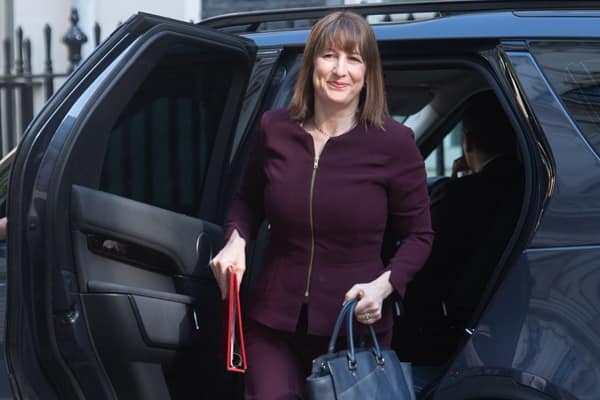The International Monetary Fund (IMF) has warned that trade tensions amid Donald Trump’s tariffs will lower the UK’s economic growth in 2026.
However, the IMF upgraded their economic forecast for the UK’s economy for 2025 following strong growth.
Gross domestic product (GDP) for the UK will increase by 1.2% for 2025, compared to the announcement in April that said there will be just 1.1% growth, which comes as an “economic recovery is underway” in the UK, the IMF said on Tuesday.
The IMF has forecast that the British economy will grow 1.4% next year, but global trade tensions will also wipe off 0.3 percentage points of growth this year.
The IMF said that US trade tensions will place pressure on growth with “persistent uncertainty, slower activity in UK trading partners, and the direct impact of remaining US tariffs on the UK.”
Also, the government’s policy reforms to change regulatory hurdles and planning reforms may provide greater growth.
Economists at the body said in a statement, “The authorities’ structural reforms, including to planning, and the increase in infrastructure investment could increase potential growth if properly implemented.”
The Chancellor Rachel Reeves has said the UK’s growth is the “fastest growing economy in the G7.”
The Chancellor said on Tuesday, “The UK was the fastest growing economy in the G7 for the first three months of this year and today the IMF has upgraded our growth forecast.
“We’re getting results for working people through our plan for change – with three new trade deals protecting jobs, boosting investment and cutting prices, a pay rise for three million workers through the national living wage, and wages beating inflation by £1,000 over the past year.”
As a result of this the Bank of England may “continue to ease monetary policy gradually” which could see lower interest rates this year.
Get real time update about this post category directly on your device, subscribe now.






Leave a Comment